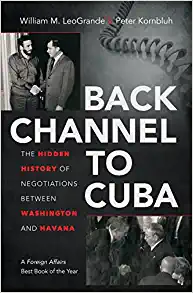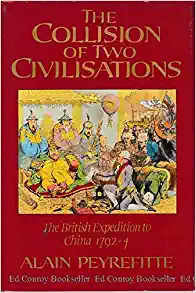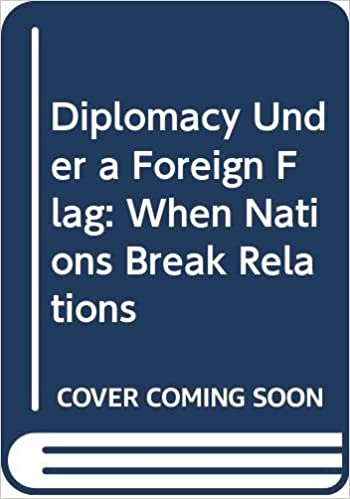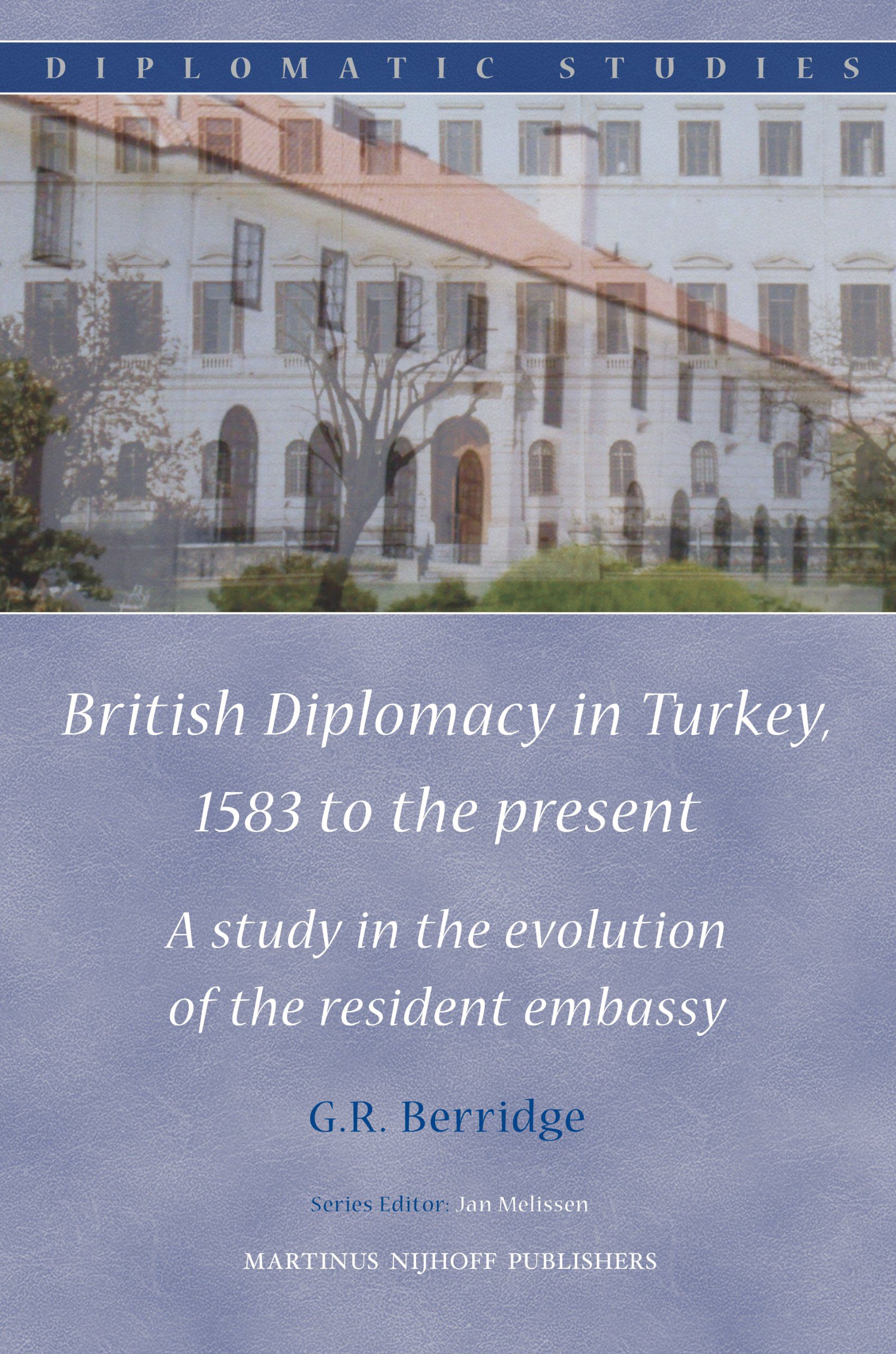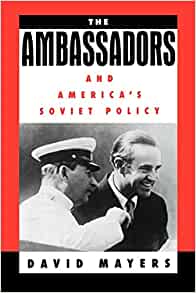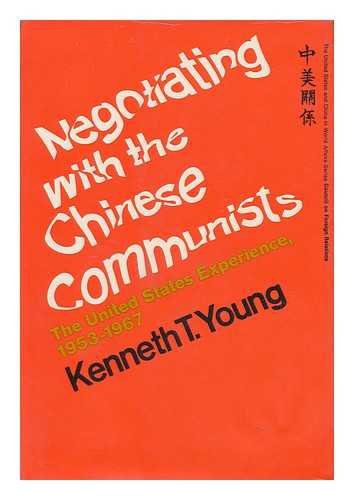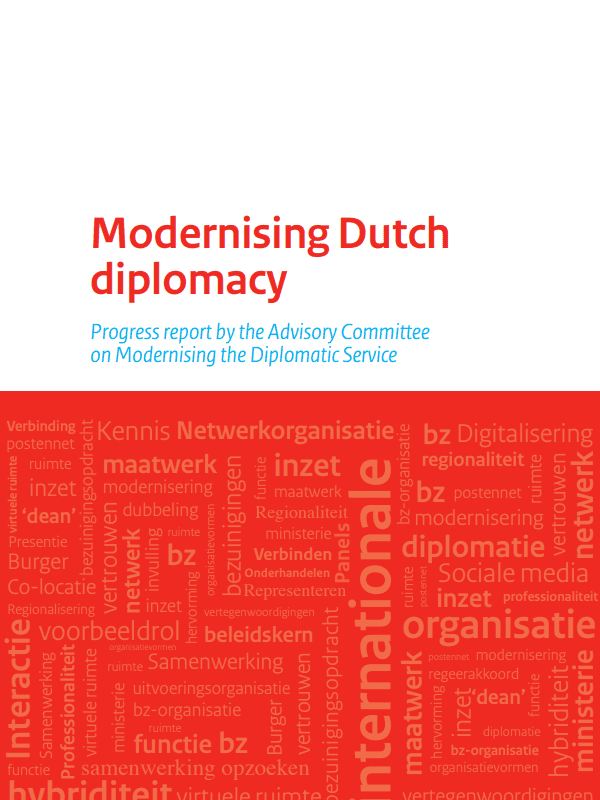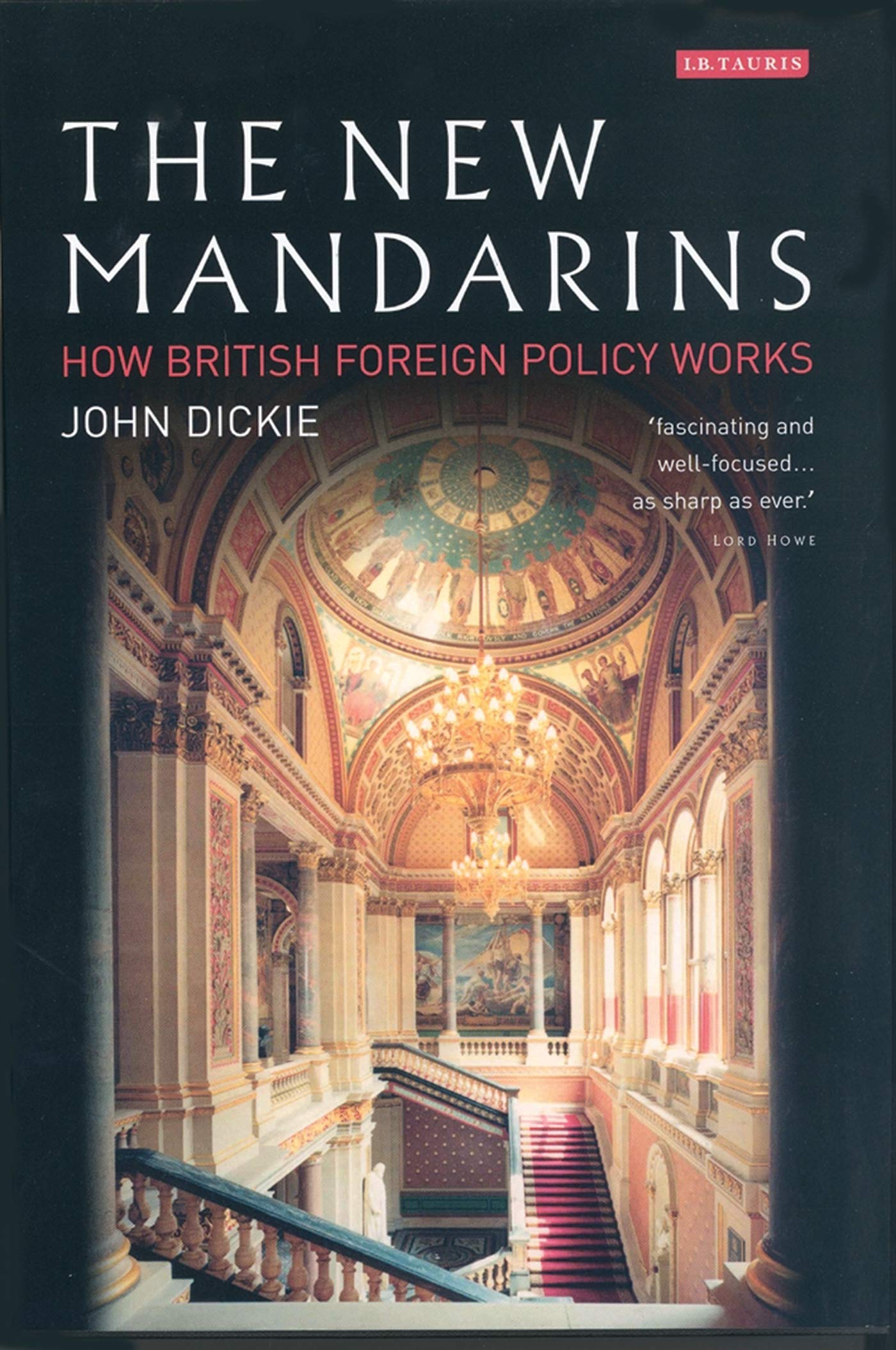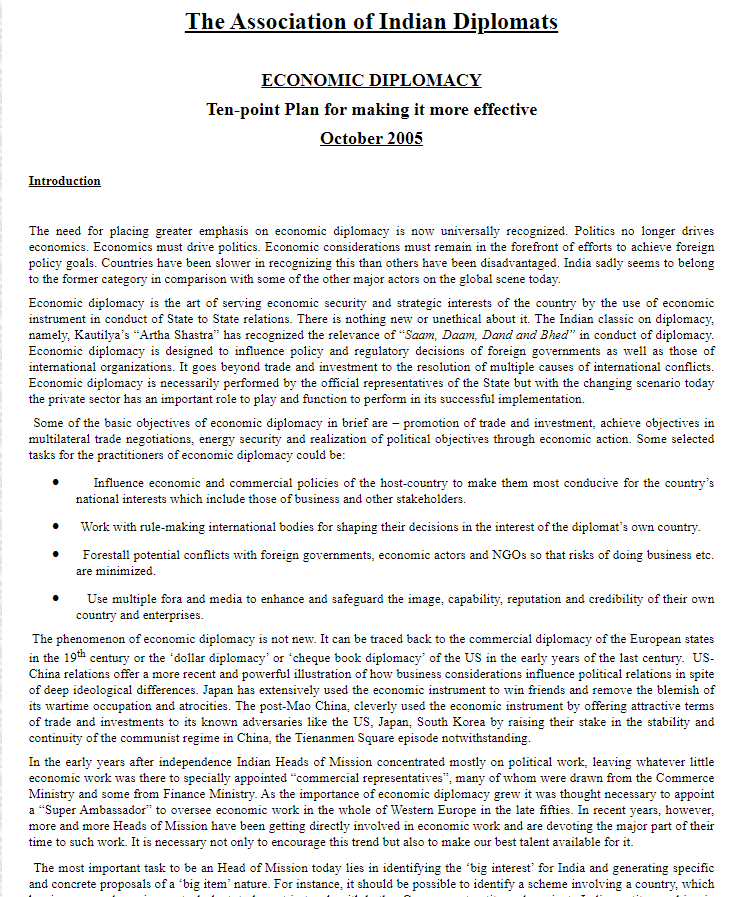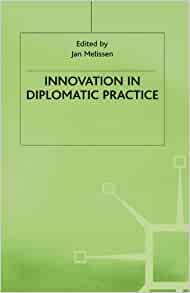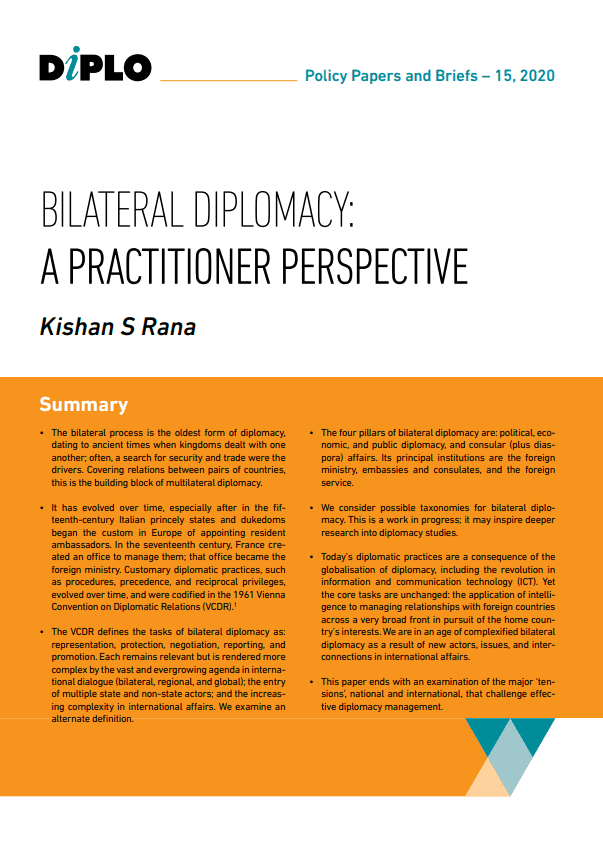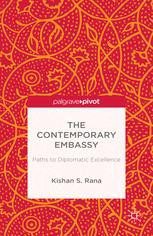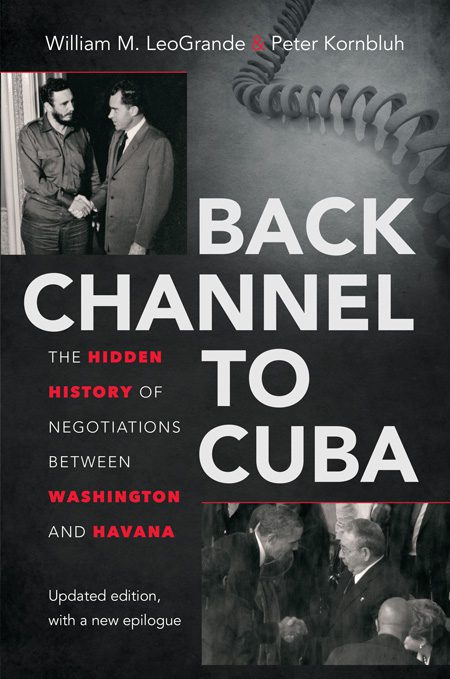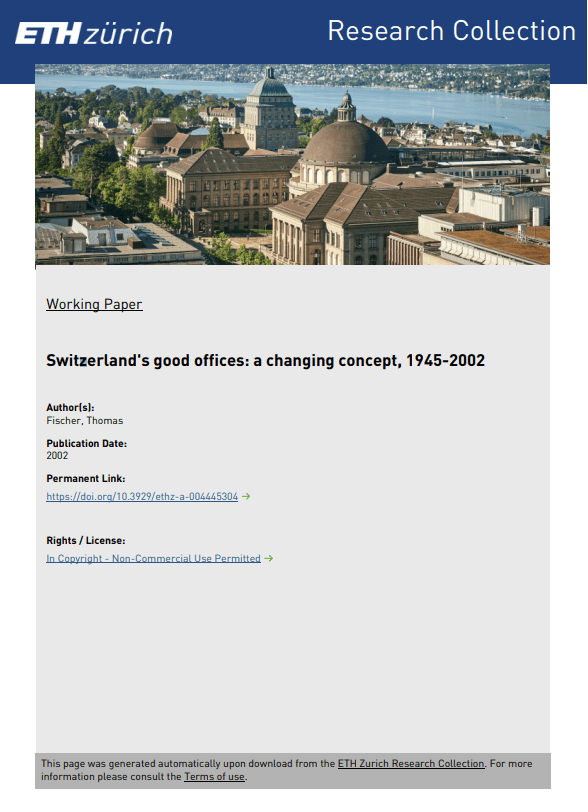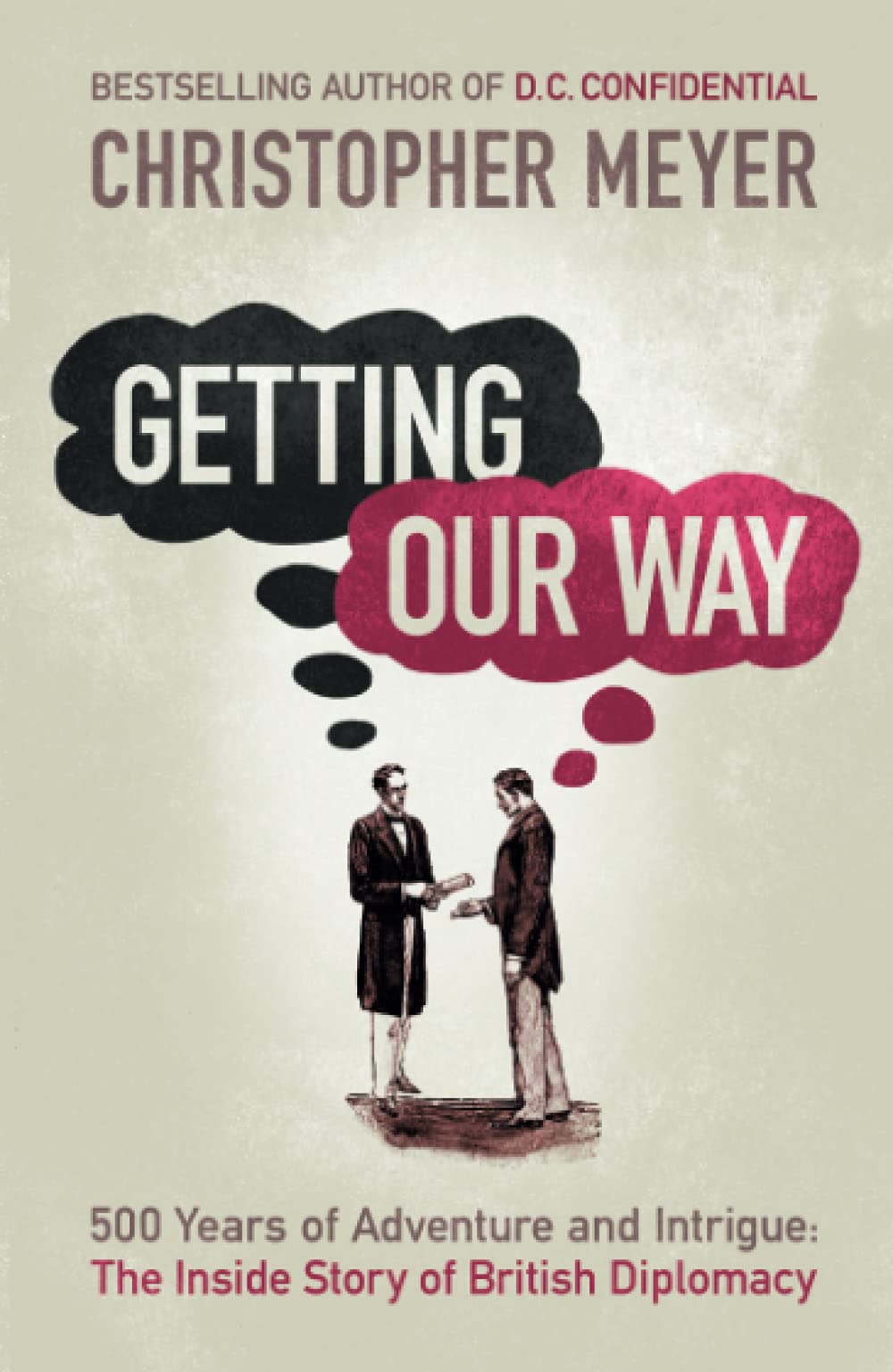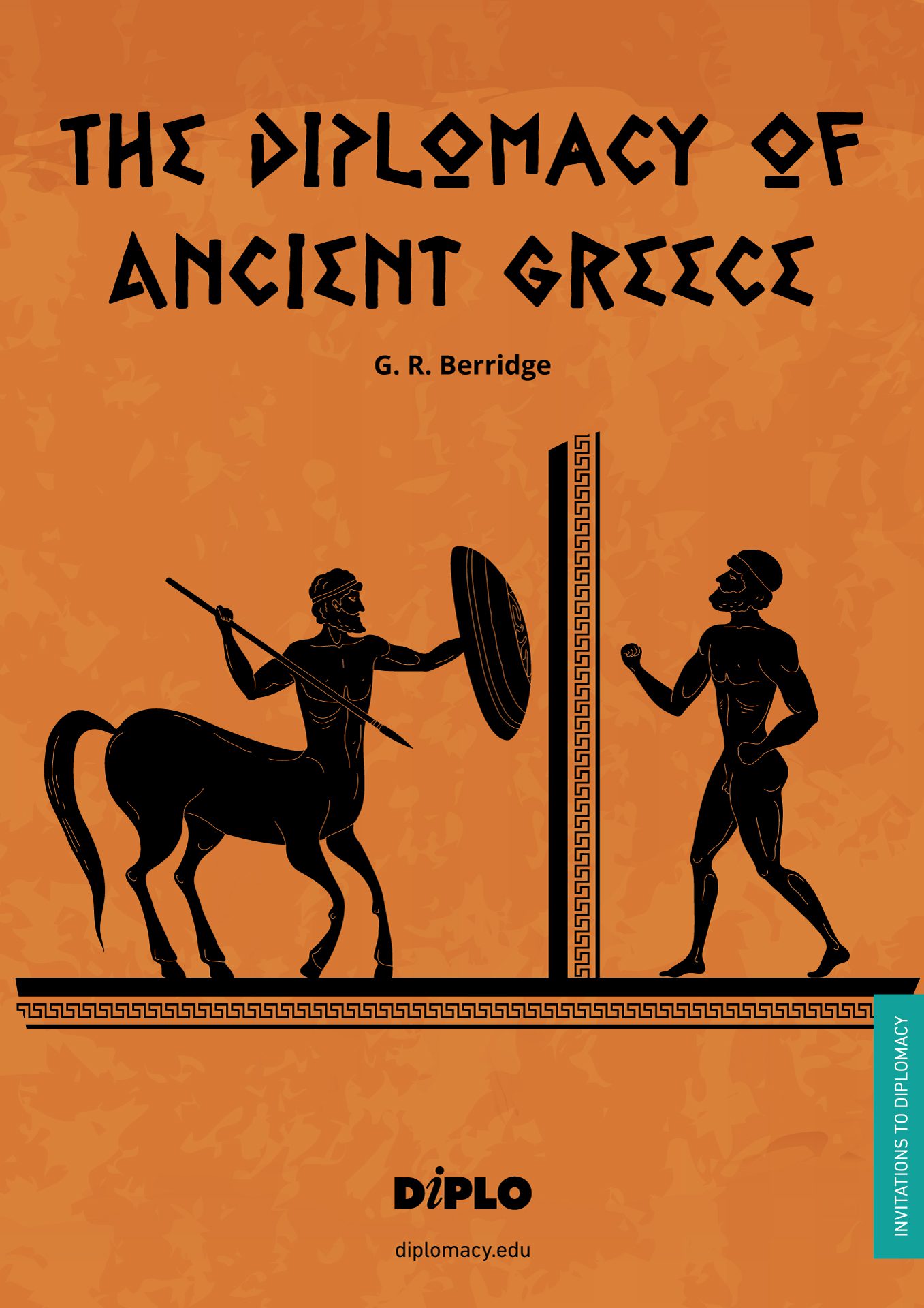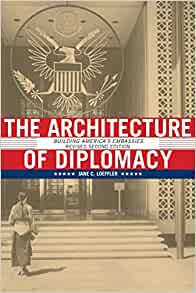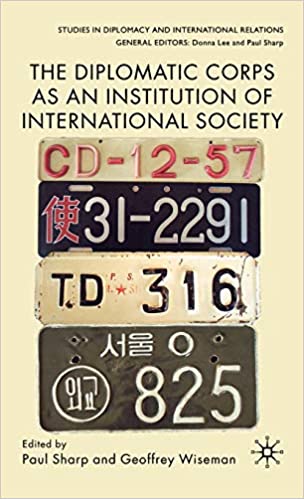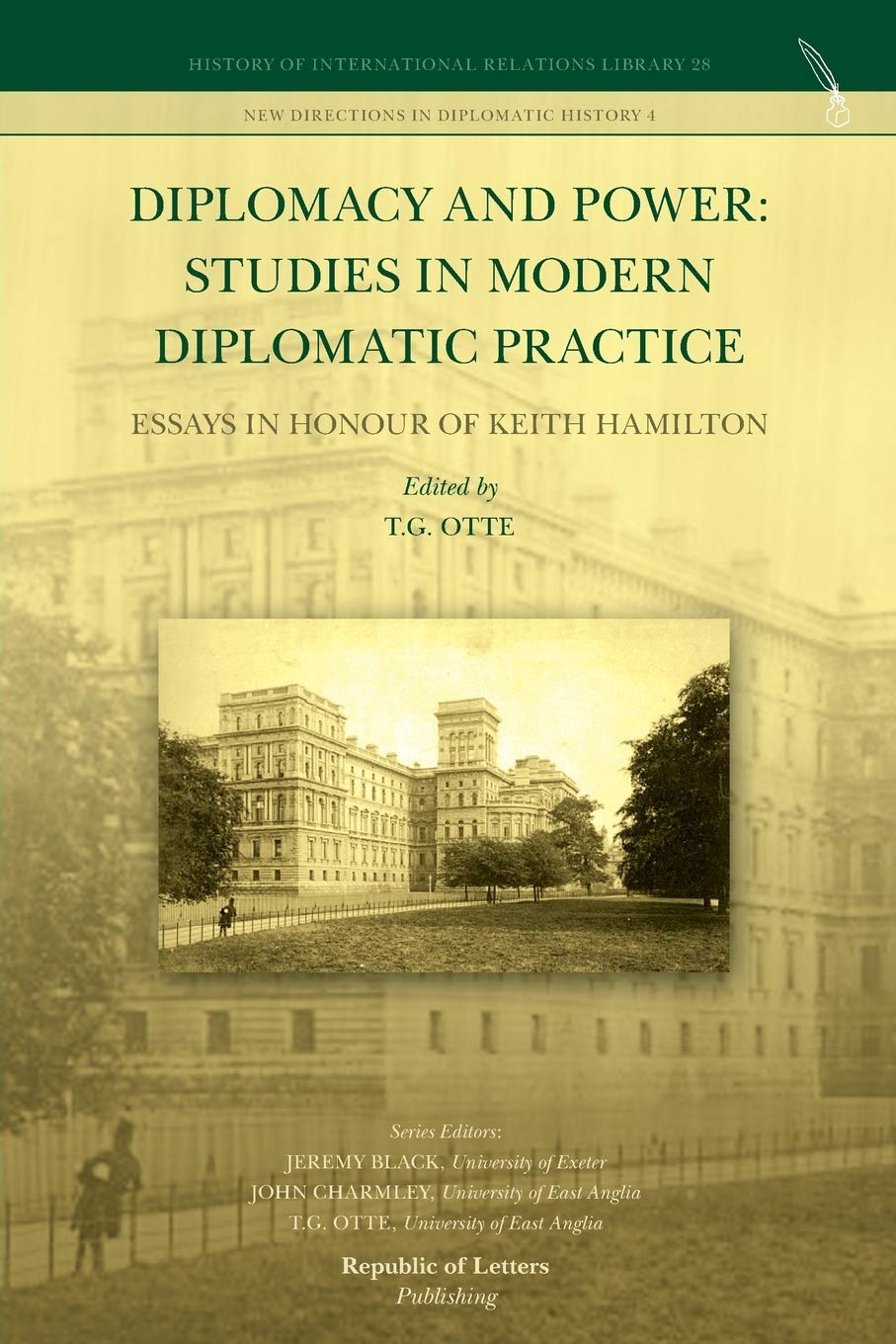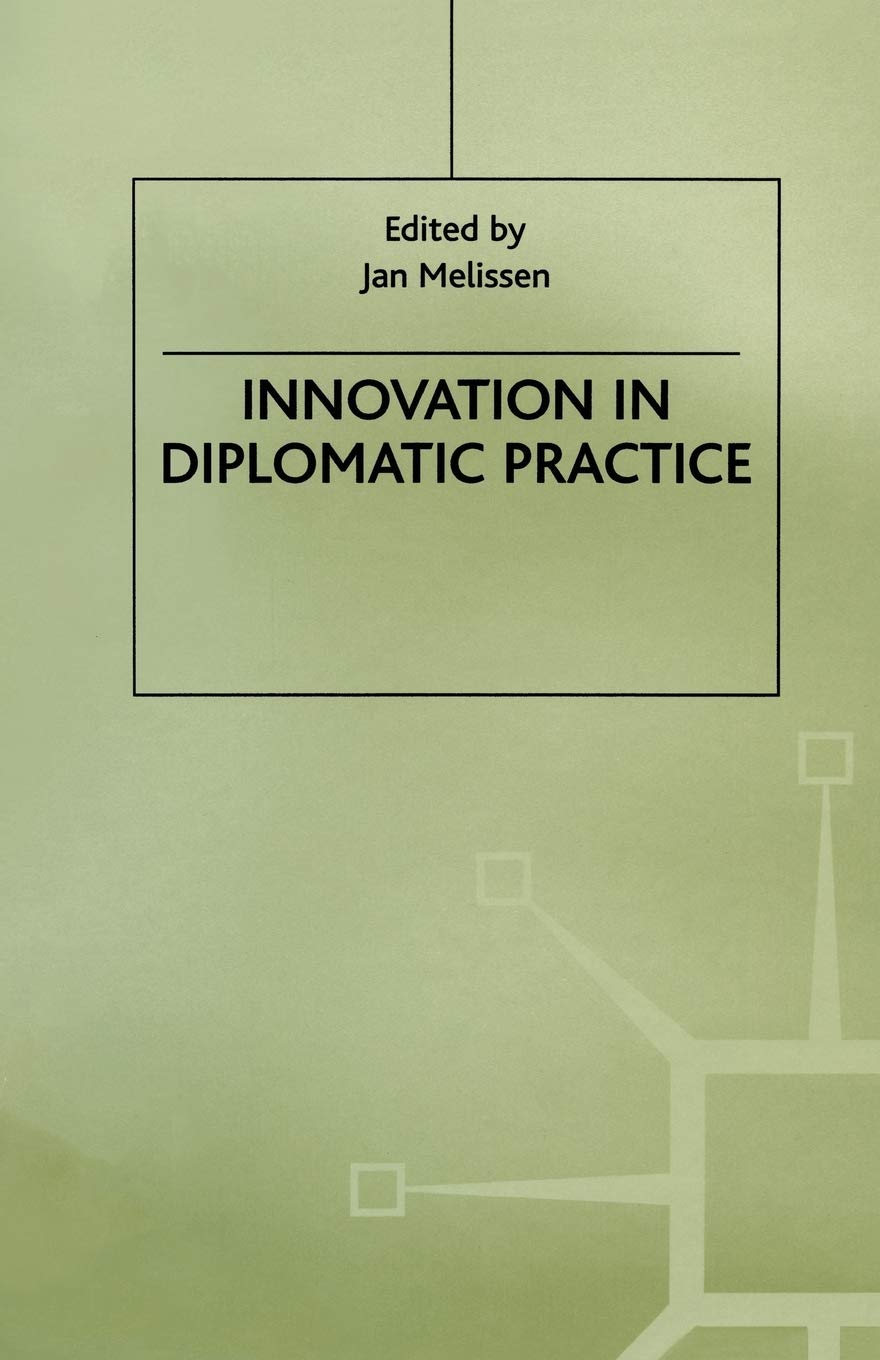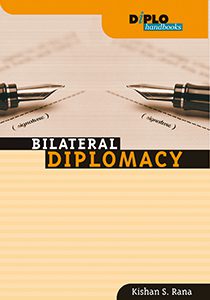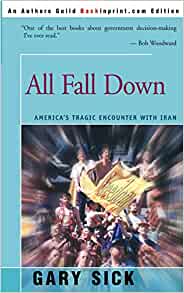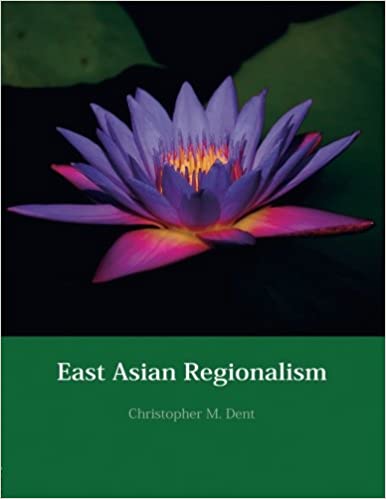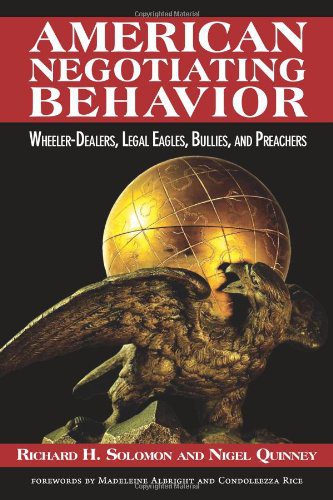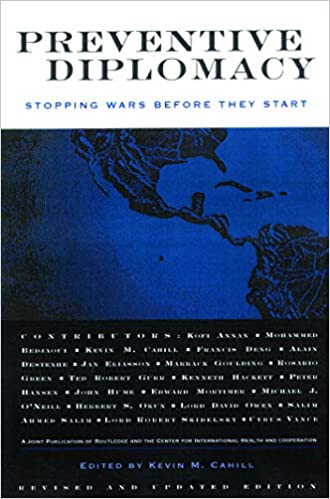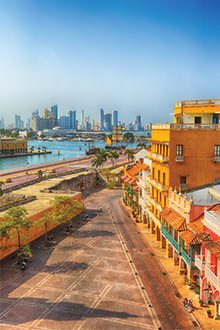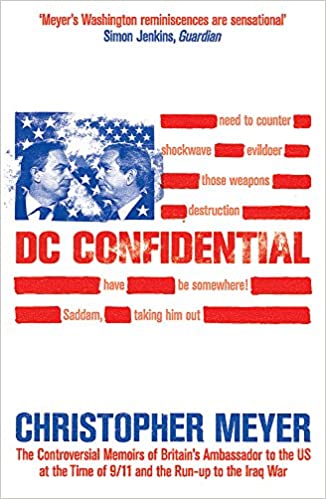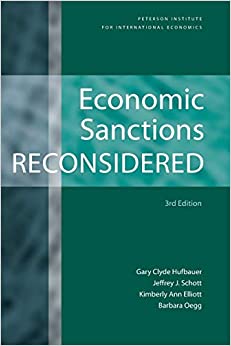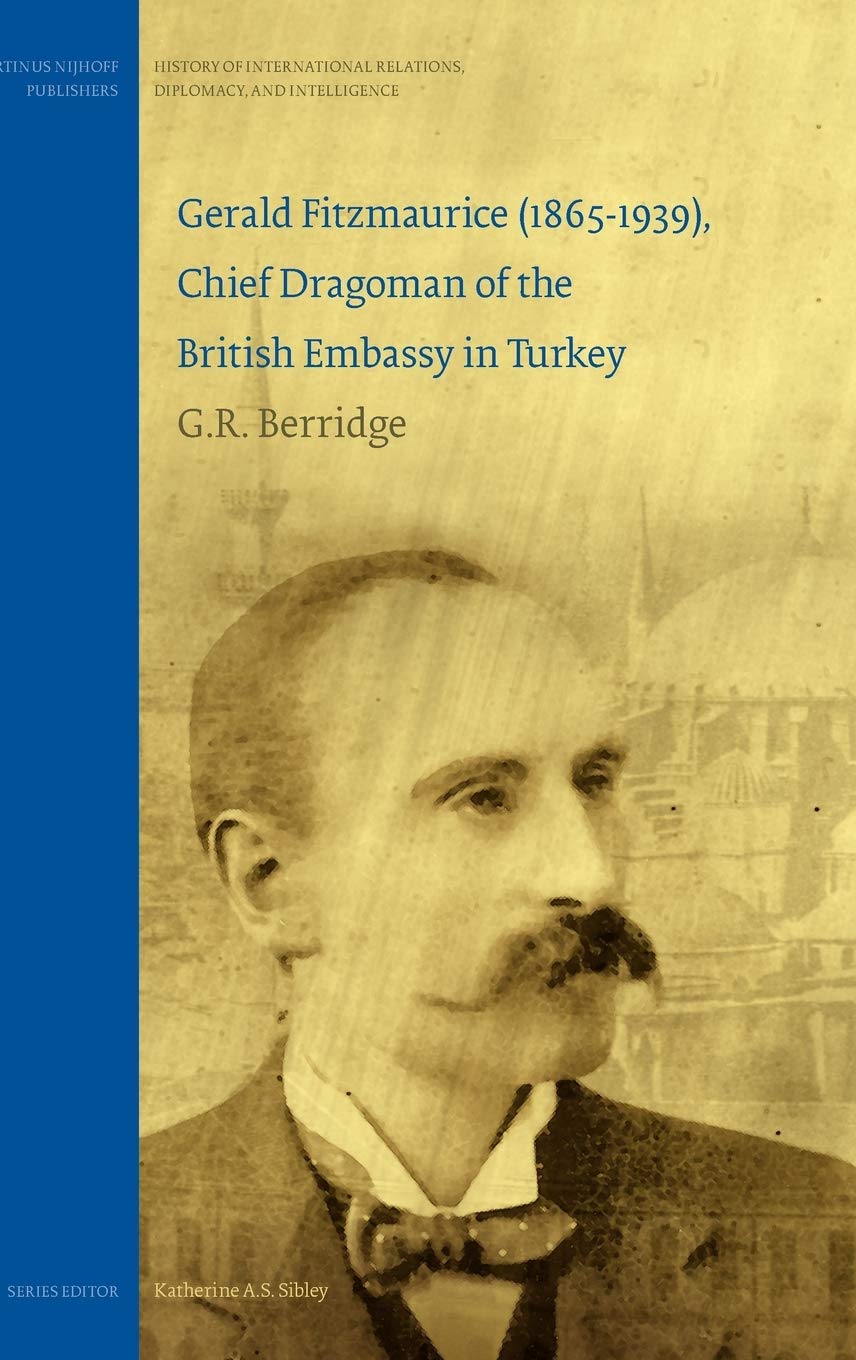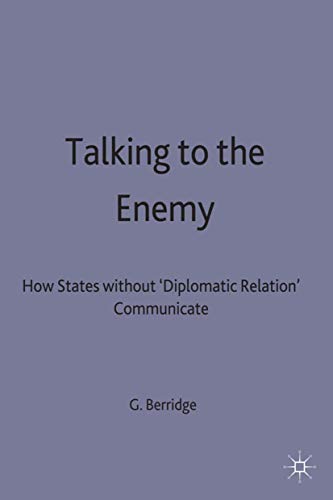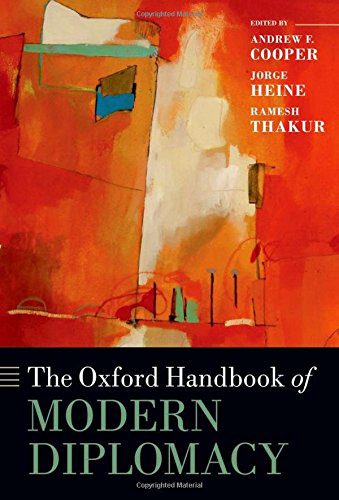
Language in diplomacy
An old and funny catchphrase says that one should use many languages to be properly understood: speaking to God, Latin; to the military, German; to the merchants, Greek and Arabic; to the musicians, Italian; to his cook, Chinese; to the sailors and engineers, English; to the artists, Russian; to friends, Spanish; to enemies Dutch or Hungarian; to his girl-friend, French; to his wife, Japanese…
What language should one use when speaking to diplomats, or what language should diplomats use? Or, to be more precise, what language/languages should a (young) diplomat try to learn to be more successful in his profession?
The term “language in diplomacy” obviously can be interpreted in several ways. First, as tongue (“mother” tongue or an acquired one), the speech “used by one nation, tribe, or other similar large group of people”;1 in this sense we can say, for example, that French used to be the predominant diplomatic language in the first half of the 20th century. Second, as a special way of expressing the subtle needs of the diplomatic profession; in this way it can be said, for example, that the delegate of such-and-such a country spoke of the given subject in totally non-diplomatic language. Also, the term can refer to the particular form, style, manner or tone of expression; such as the minister formulated his conditions in unusually strong language. It may mean as well the verbal or non-verbal expression of thoughts or feelings: sending the gunships is a language that everybody understands.
All of these meanings – and probably several others – can be utilised in both oral and written practice. In any of these senses, the use of language in diplomacy is of major importance, since language is not a simple tool, vehicle for transmission of thoughts, or instrument of communication, but very often the very essence of the diplomatic vocation, and that has been so from the early beginnings of our profession. That is why from early times the first envoys of the Egyptian pharaohs, Roman legates, mediaeval Dubrovnik consuls, etc., had to be educated and trained people, well-spoken and polyglots.
Finding a common tongue
1. Let us first look into different aspects of diplomatic language in its basic meaning – that of a tongue. Obviously, the first problem to solve is finding a common tongue. Diplomats only exceptionally find themselves in the situation to be able to communicate in one language, common to all participants. This may be done between, for example, Germans and Austrians, or Portuguese and Brazilians, or representatives of different Arab countries, or British and Americans, etc. Not only are such occasions rare, but very often there is a serious difference between the same language used in one country and another.2
There are several ways to overcome the problem of communication between people who speak different mother tongues. None of these ways is ideal. One solution, obviously, is that one of the interlocutors speaks the language of the other. Problems may arise: the knowledge of the language may not be adequate, one side is making a concession and the other has an immediate and significant advantage, there are possible political implications, it may be difficult to apply in multilateral diplomacy, etc. A second possibility is that both sides use a third, neutral, language. A potential problem may be that neither side possesses full linguistic knowledge and control, leading to possible bad misunderstandings. Nevertheless, this method is frequently applied in international practice because of its political advantages. A third formula, using interpreters, is also very widely used, particularly in multilateral diplomacy or for negotiations at a very high political level – not only for reasons of equity, but because politicians and statesmen often do not speak foreign languages. This method also has disadvantages: it is time consuming, costly, and sometimes inadequate or straightforwardly incorrect (even if the translator has a good knowledge of both languages, he/she may not be familiar with the particular subject which can be extremely specific – from the protection of the ozone layer to the homologisation of sports records; it was not without reason that the slogan traduttore-traditore, translator = traitor, could be found in mediaeval Italy). Finally, there is the possibility of using one international synthetic, artificial language, such as Esperanto; this solution would have many advantages, but unfortunately is not likely to be implemented soon, mostly because of the opposition of factors that dominate in the international political – and therefore also cultural and linguistic – scene.
So, which language is the diplomatic one? The answer is not simple at all. To start with, there is no single diplomatic lingua franca that could be inscribed in the above-mentioned catchphrase. In the past there were periods when one language or another served as a common, widely-used means of inter-state communication, although usually limited to certain geographic areas or political groups of countries. Such a role was played by Acadian (Asyrian-Babilonian), by literary Chinese, by Greek “koin`e” (a mixture of dialects, based mainly on Ionic and Attic), and later by mediaeval Greek, then Latin, Arabic, Turkish, and yet later by Spanish, Portuguese, Russian, Italian, Dutch, German, French, and recently, more and more, by English. Very often attempts have been made to impose one language or another, with the argumentation that it is “clearer”, “more flexible”, “more expressive”, “more eloquent, subtle or refined”, “most suitable for international negotiations”, etc. The mere fact that historically such a role has been taken in turns by so many languages proves that linguistic or semantic reasons are not decisive.3 On the contrary, it can be said that the dominant role of one language or another in diplomacy has resulted from the political, strategic, economic, cultural or other domination of one power or another in international relations.
Let’s take a very precise example; the linguistic requirements of a counsellor in the embassy of a small European country in Vienna. Obviously, his/her first need is a good knowledge of German, particularly if his professional activity is oriented towards business circles, press, consular work or cultural life. (In the Austrian Foreign Ministry at Ballhausplatz everybody speaks English and many also speak French, but they like very much to hear foreign representatives speaking good German – particularly if it is not the harsh German of northern Germany, but the soft and melodious Austrian German!) However, many diplomats in Vienna have not read my paper and many of them do not speak German. If our colleague wishes to mix freely with other diplomats he will first need English, and possibly also French and Russian as well (depending on the sections of the diplomatic corps he/she is primarily interested in contacting). If his work includes covering the activities of international organisations in Vienna (more than a dozen!), he will definitely need English, while some knowledge of French, Russian, Spanish, and perhaps also Arabic (specifically for the Organisation of Petroleum Exporting Countries) would be very useful…not a very simple answer to the first question, is it?!
Let’s suppose our colleague is a well-trained and experienced diplomat, speaking several languages more or less fluently. Which language out of his repertoire should he use in a particular situation? Mechanically, the answer is the language he can speak best. It is logical choice, of course, but professionally not always the wisest one. There are some tactics, even politics, involved in making that decision. Sometime it might be reasonable to use a language which one speaks less perfectly – be it to avoid the maternal tongue of the interlocutor and put him on a more equitable foot, or to avoid a language which might have an undesirable political connotation (for example to speak Hebrew to an Arab – although this language might be your best spoken one!); or to make a gesture of goodwill, courtesy, or a sign of special respect for your partner in conversation or for his country. This is very often done by statesmen arriving on an official visit to a foreign country or by delegates at international conferences saluting the chairman and paying tribute to the host country, when even a few words pronounced in the local language may break the ice and create a positive atmosphere. The “colleague” from whom we can learn the most in this respect is His Holiness the pope John Paul II, one of the very best polyglots in the entire diplomatic history.
Language in written communication
2. The use of language in written diplomatic communication is usually explicitly determined (most often by bilateral agreement). Generally speaking, it is based upon one of the fundamental principles of contemporary international law – the principle of sovereign equality of states. In application of this principle to the linguistic ground there are several formulas – each implemented in a symmetric way: a) each side writes its communications (notes, letters, etc.) in its own language (e.g., the Croatian Ministry in Zagreb, as well as the Croatian Embassy in Budapest, write in Croatian, while the Hungarian Ministry and their Embassy in Zagreb write in Hungarian); b) each side writes in the language of the other side (opposite from practice a); c) the correspondence in each country is conducted in the local language (e.g. both sides in Zagreb correspond in Croatian, while in Budapest they do so in Hungarian); d) both sides use a third, mutually agreed, language – e.g., Russian, French or other. Again, each of these formulas has its advantages, but also its deficiencies.
Language and multilateral diplomacy
3. Communication in multilateral diplomacy, of course, is even more complicated, inadequate and costly. Various international organisations and numerous diplomatic conferences try – more or less successfully – to solve the linguistic problem by reducing the innumerable possibilities of intercommunication to a relatively small number of selected languages – so called official or working languages.4 It is obvious that the growing democratisation of international relations results – among other things – in an ever growing number of languages used in multilateral diplomacy. While the idea of the sovereign equality of nations and states, small and large, rich and poor, cannot be questioned, the astronomical cost5 of interpretation at conferences and translation of an enormous amount of written material for international organisations speaks very much against this aspect of its implementation in practical life. Besides, the use of interpretation is slow, impersonal, very often incorrect, and sometimes grossly wrong. As an illustration, an almost unbelievable example could be mentioned which concerns nothing less than the very name of the United Nations in different linguistic versions of the world organisation’s “bible” – its charter. In English, French, and Spanish it is called the “United Nations”. In Russian, however, it is named “Organisation of the United Nations”. The same has been transferred – probably from Russian – to Bulgarian as well.6 Another phenomenon is well known to all diplomats with experience in the work of international organisations or various other multilateral conferences: delegates who do not speak one of the official or working languages well (or who are simply too self-critical about it) hesitate to take the floor at all, or miss the best moment to do so. Thus, they considerably reduce their own delegation’s input and probably also reduce the potential value of the final result of the meeting.
Conveying a message
4. Leaving the question of the choice of language aside, we can examine a more substantial aspect of language and diplomacy – the aspect of the message itself, the message contained in every diplomatic communication, oral or written.
Oral communication is the quintessence of personal contact, which – in turn – remains the very substance, even the raison d’etre of diplomatic work. Written communications, telegraph, telephone, fax, and recently various interactive IT systems (Minitel, Internet, electronic mail, etc.) are undoubtedly extremely useful and often much faster and more efficient than personal contacts, but they can not and probably for a long time shall not be able to substitute for a friendly, confidential chat over a cup of coffee.
Every verbal discourse, be it a simple chat, conversation, exchange of views, formal diplomatic démarche, official negotiation or any other form, basically is a dialogue, and therefore consists of speaking and listening to the other person. Speaking is the use of words, linking them into sentences, and then arranging the sentences in a logical order; in addition, it includes accentuation of some words or emphasis of particular parts of a sentence. Oral communication also includes a number of “side effects”, such as tone of voice (friendly, solemn, confidential, menacing, nonchalant, etc.), pauses between words or sentences, order in which different parts of the message are presented, gesticulation, face mimic, smiling and so on.7
The choice of the right words is extremely important in diplomacy. Through the centuries a very carefully balanced, restrained, moderate vocabulary has been developed, ensuring a particular way of refined control over nuances in the meaning of words – both when agreeing with one’s interlocutor (but taking care not to give the impression of undue enthusiasm!) as well as in rejecting his views (again with fitting concern to avoid undesired offence).
When a diplomat interprets his interlocutor’s language and even single words used in a dialogue or correspondence, he always starts from the presumption that the choice of words and phrasing has been conscientious and deliberate. Nobody should nor indeed does assume that the words used are the result of insufficient knowledge of a language, inadequate translation or even less – a momentary bad mood! Knowing that the text will be scrutinised in such a way, the speaker or writer has to be accordingly careful about the formulations he uses. This is more sensitive when preparing a written text since it cannot be softened or corrected once it has been sent out8, while in conversation – if the reaction of the other side is negative – one can always say “Let me explain…” or “In other words…” and then declare something completely different from the original version.
Words are bricks from which sentences are made. Each sentence should be a wound-up thought. If one wants to be clear, and particularly when using a language which he does not master perfectly, it is better to use short, simple sentences. On the contrary, if one wishes to camouflage his thoughts or even not say anything specific, it can be well achieved by using a more complicated style, complex sentences, digressions, interrupting one’s own flow of thought and introducing new topics. One may leave the impression of being a little confused, but the basic purpose of withholding the real answer can be accomplished.
One of the typical characteristics of “diplomatic” language is a certain subdued tone, some kind of understatement. It is correct to say that the real weight of words and terms in diplomatic professional jargon is much stronger than those same words in “normal” everyday speech. Just a few examples: the assistant minister of foreign affairs invites the ambassador of a neighbouring country late in the afternoon to his office and expresses the “concern of his government over reporting in the ambassador’s country’s press which is not in harmony with the existing friendly relations between the two countries.” Translated to standard language this means “we believe that your government is encouraging unfriendly, even hostile, press against our country, and in doing so you have passed the limits and I must warn you that we shall not tolerate it any more.” The fact that the ambassador has been summoned to the ministry after office hours indicates that the local authorities consider the matter to be urgent and even beyond the regular framework of bilateral relations. If the minister adds that “he is afraid that the continuation of such practices might reflect negatively on relations between the two countries”, it means that these relations are already disrupted (quite evidently, otherwise there would be neither unfriendly press nor sharp reactions on the other side), so that one could expect the postponement of an already agreed bilateral visit or signing of a bilateral cooperation agreement. If the minister even says he is afraid that “his government will not be able to control outbursts of anger in the media or restrain the feeling in the parliament any more” the ambassador would not make a mistake in interpreting it as an announcement of a broad hostile campaign against his country, probably even of a fierce parliamentary debate with an utmost unfriendly charge.
There are several specialised types of diplomatic language in various fields of diplomatic activity – for the redaction of communiqués (“atmosphere of friendliness”, “closeness of views”, “complete openness”, etc.), for negotiations (hence the difference between so-called soft and hard negotiators – although I recognise only the distinction between good and bad ones!), for unofficial contacts outside of official premises and for informal occasions, for participation in international conferences, for the conclusion of international treaties, etc.
There are many other aspects – both linguistic or semantic and also metaphoric – of the use of language in diplomacy. Too many, actually, for a relatively short lecture – ars longa, vita brevis!9 In conclusion, it can be said that all of the aforementioned elements serve the purpose of maximising the effect of spoken or written text in diplomatic practice, better transmitting a message, achieving more convincing results, “talking the interlocutor in”, convincing him or dissuading him
In this sense the knowledge of language or languages and its (or their) optimal, even masterly use, is not simply a l’art-pour-l’artistic skill; they are an absolute must, a conditio sine qua non of a successful, professional, complete diplomat and his responsible approach to his demanding job.
Endnotes
1. Definition from The World Book Dictionary (Chicago: World Book Inc., 1995).
2. So, for example, the differences between spoken Arabic used in Maghreb and Mashrek countries; or British and American English (it is said that Britain and America are two friendly nations divided by the same language…).
3. A similar conclusion is drawn by Dr Ivo Lapenna in his very interesting report “The Language Problem in International Relations”, presented at the First International Conference on the Problem of Language in Science and Education, Rotterdam, 1972.
4. Official languages of the UN, for example, are Arabic, Chinese, English, French, Russian and Spanish; working languages are English and French. The EU and the Council of Europe use English and French; the Danube Commission – French, German and Russian; OPEC – Arabic, English and Spanish; high-level meetings of the non-aligned movement – Arabic, English, French and Spanish; etc.
5. Several years ago it was calculated that the translation of one single page to all official languages of the UN amounted to the value necessary to cover the cost of living for one person in India for a whole year! When one takes into account the number of international organisations, and the thousands of pages translated almost daily it is easy to subscribe to the proposal of introducing Esperanto as the language for international communication.
6. The author was not able to check the Arabic and Chinese texts.
7. These effects sometimes take quite bizarre forms – for example, when Nikita Hruscov took off his shoe and banged the rostrum with it, during his speech to the UN General Assembly.
8. The ancient Romans used the expression scripta manent – the written text remains.
9. Latin: art is huge and life is short.
